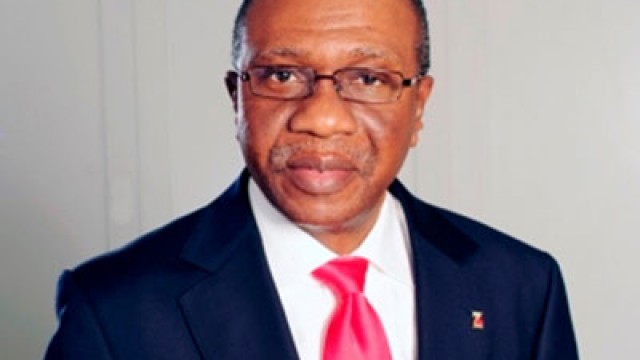This post has already been read 6476 times!
These are not the best of times for Bureaux de change (BDCs) operators.
They have been shunned by foreign exchange users following the convergence of naira/dollar rates at the parallel market and BDCs for the first time in two years.
The exchange rate at both parallel market and BDCs closed yesterday at N363/$1. The attractive rate at the parallel market immediately triggered a massive influx of demands from forex users running away from the mandatory regulatory documentations sought by BDCs.
Aminu Gwadabe, president, Association of Bureaux De Change Operators of Nigeria (ABCON) who confirmed the rates, said BDCs were at a disadvantage, as forex users shunned them for the parallel market where they could buy without documentation.
“Many forex users prefer to buy at the parallel market instead of BDCs because there are no longer rate gaps. They prefer the parallel market where there is no single documentation required. That is why we are calling on the CBN to review the rate band for BDCs,” he said.
Gwadabe said the challenges faced by BDCs, if not checked, would trigger a liquidity crisis that may derail the ongoing recovery of the naira against the dollar. “We want the CBN to review the BDC rate to ensure that currency speculators do not return to the market. Remember the BDCs buy dollar at N360/$1 from the CBN,” he said.
Gwadabe said the BDCs helped the CBN to checkmate the activities of black market operators and should be supported to remain in business.
The gap between official and black market rates started to shrink since February 20, when the CBN resumed dollar interventions in key segments of the economy. The feat was achieved after the Central Bank of Nigeria (CBN) pumped over $5 billion in the last four months into the interbank, BDCs, wholesale spot and forwards auction segments of the market.
Analysts said the introduction of a new foreign exchange window for investors and exporters targeted at increasing forex supply in the market and allowing the timely settlement of transactions helped achieve the current exchange rate.
“So far, approximately $1 billion has been traded at this window. The spread between the parallel and interbank markets narrowed to N76.15 (May 30th) compared to N83.65 as at April 28th,” Bismarck Rewane, an economist said in an emailed report.
He said the naira at the parallel market appreciated by 2.63 per cent to close at N380/$ as at May 30th, compared to N390/$ in April. At the interbank market, the naira gained marginally by 0.16 per cent to close at N305.90/$ from N306.85/$ in April. This was mainly driven by the new forex policies and regular intervention in the market by the CBN.
“We expect the naira to appreciate further in the coming month due to the CBN’s increased dollar sale to BDCs, the intervention for SMEs and favorable forex policy for investors, exporters and end-users. The threat to this is the uncertainty surrounding oil prices. Oil prices fell below $50pb in May before recovering to $52pb. Nonetheless, any further decline in oil prices could deplete the external reserves level, and hinder the CBN’s ability to intervene as frequently as possible,” he said.
But JPMorgan Chase & Co. and Renaissance Capital have said the naira rally, sparked by increased sales of foreign-exchange forwards and looser capital controls, are contingent on the CBN continuing to sell down its foreign reserves.
The Nigeria’s gross external reserves decreased by 1.19 per cent ($37 million) to $30.49 billion as at May 25th from $30.86 billion recorded at the end of April.
The CBN on Monday injected $190 million into the inter-bank market. At the trading, the bank offered $100 million as wholesale interventions and allocated $50 million to the Small and Medium Enterprises (SMEs) forex window. Customers requiring forex for Business/Personal Travel Allowances, tuition and medical fees, among others, got $40 million.
CBN spokesman Isaac Okorafor, said the bank was pleased at the performance of the naira, which had made tremendous gain against the dollar in recent times.
Okorafor observed that by ensuring transparency in the market as well as fairness to end-users, the CBN had further exposed speculators and checkmated them. He urged all dealers, particularly licensed BDCs, to continue to play by the rule, adding that the CBN would not hesitate to wield the big stick against any erring bank or dealer.
THE NATION



